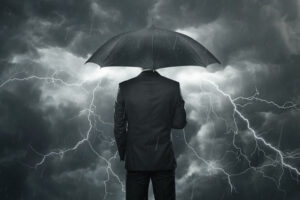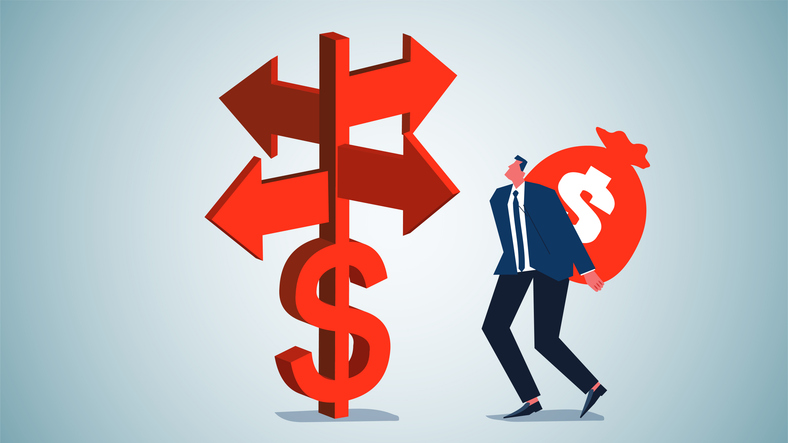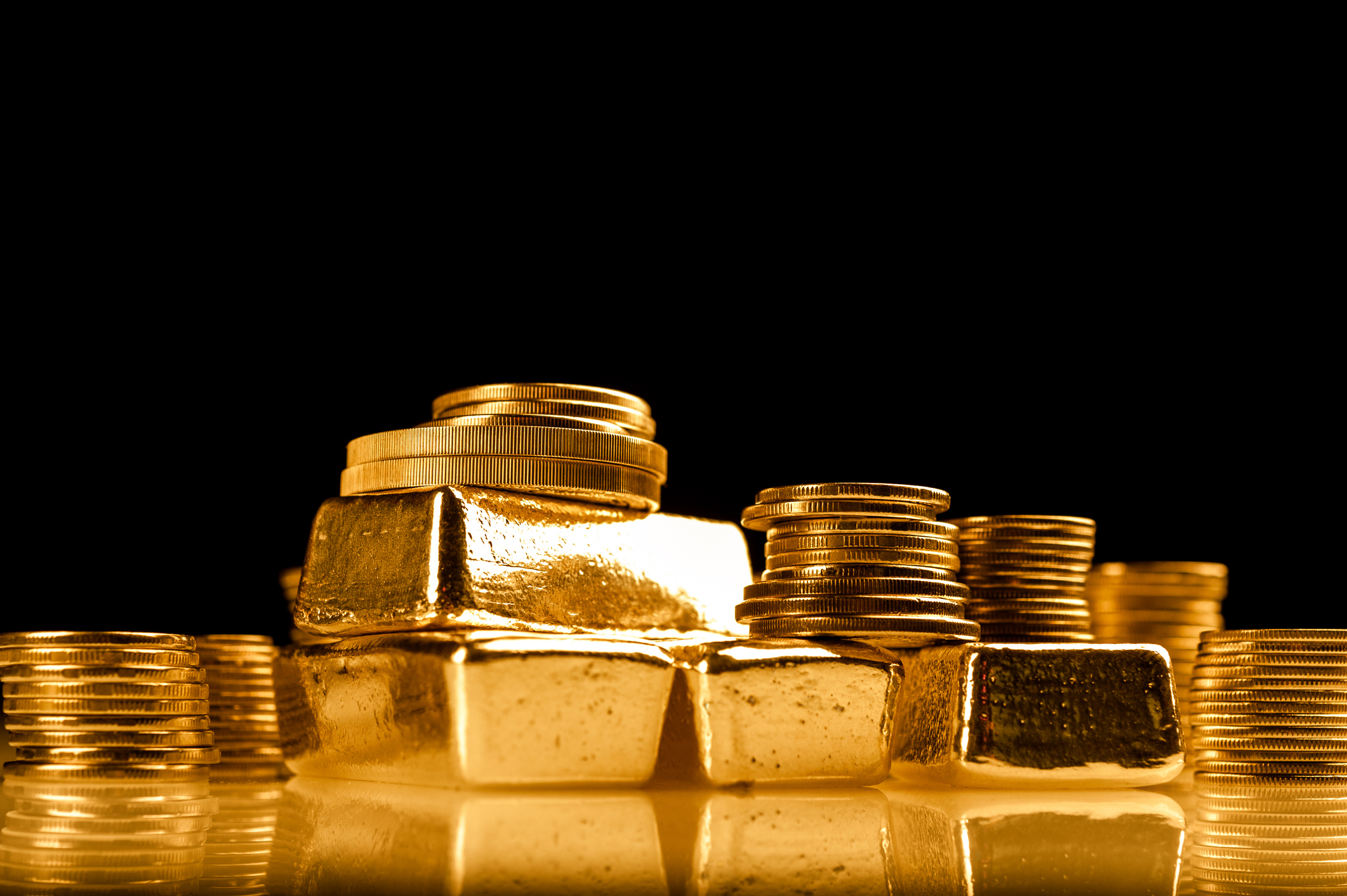Biden Will Face New Depression
The comments below are an edited and abridged synopsis of an article by James Rickards
The US economy is likely headed into another technical recession, which would present the first double-dip recession since 1980-1981 when a second recession began (July 1981) a year after the prior recession ended (July 1980).
The reason is the imposition of new lockdown requirements by governors in most major states.
There may be new all-time highs in the stock market, but the indices are cap-weighted or formatted in favour of a small number of tech/digital economy companies (Amazon, Apple, Netflix, Microsoft, Facebook, Alphabet, Google).
These companies are least affected by the pandemic and are not representative of the overall US economy. Over 45% of GDP and 50% of all jobs are produced by small-and-medium sized businesses (restaurants, bars, salons, gyms, etc.). Many temporary closings have become permanent. This is happening everywhere, from large cities to small towns.
The vaccine is here, but it won’t come fast enough to stop a new recession (and there are concerns about the effectiveness of the vaccines given viral mutation and doubts about how long the antibody response remains robust).
Lower unemployment rates reported recently are not good news. Those rates do not include individuals who have lost jobs but have dropped out of the labour force and are not technically counted as unemployed.
A person without a job has zero productivity whether you’re technically counted as unemployed or not. This is another drag on growth. Biden’s policies will not change this result, but they will make it slightly worse.
The Biden plan will not cause the recession; it’s already here. His plans will make thing worse and possibly extend the new recession into the second quarter as well.
Allocations to gold, silver and mining shares should be at least 10% of investor portfolios both as an inflation hedge and a hedge against declining confidence in central bank currencies.



